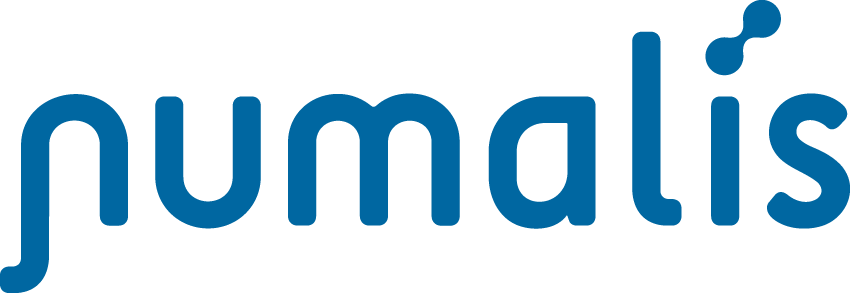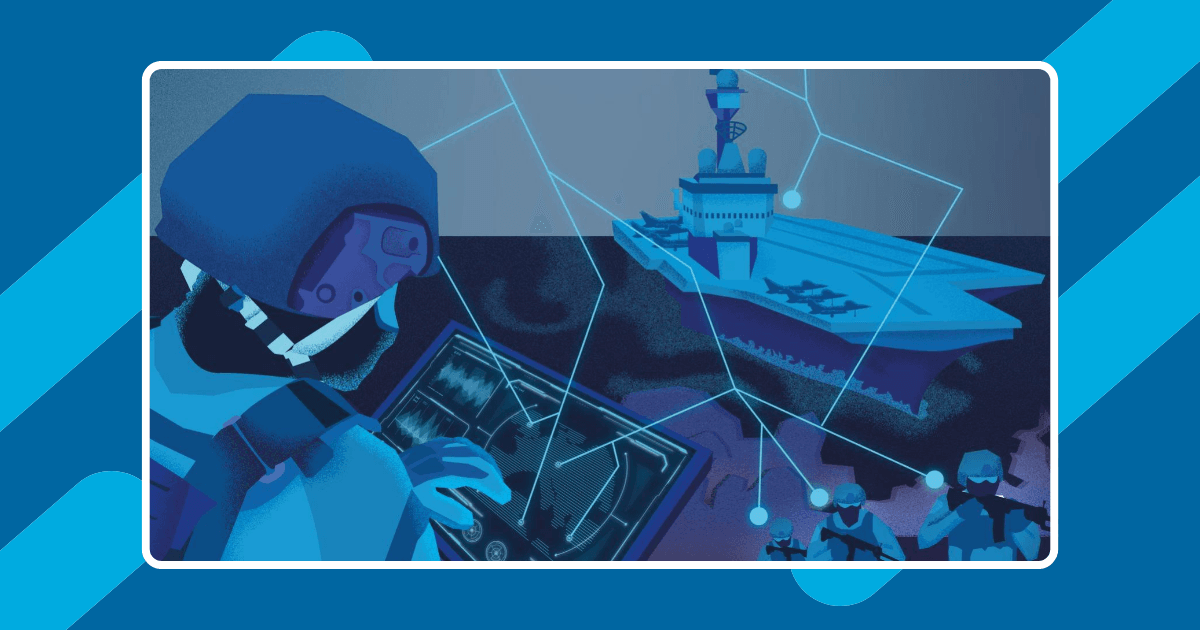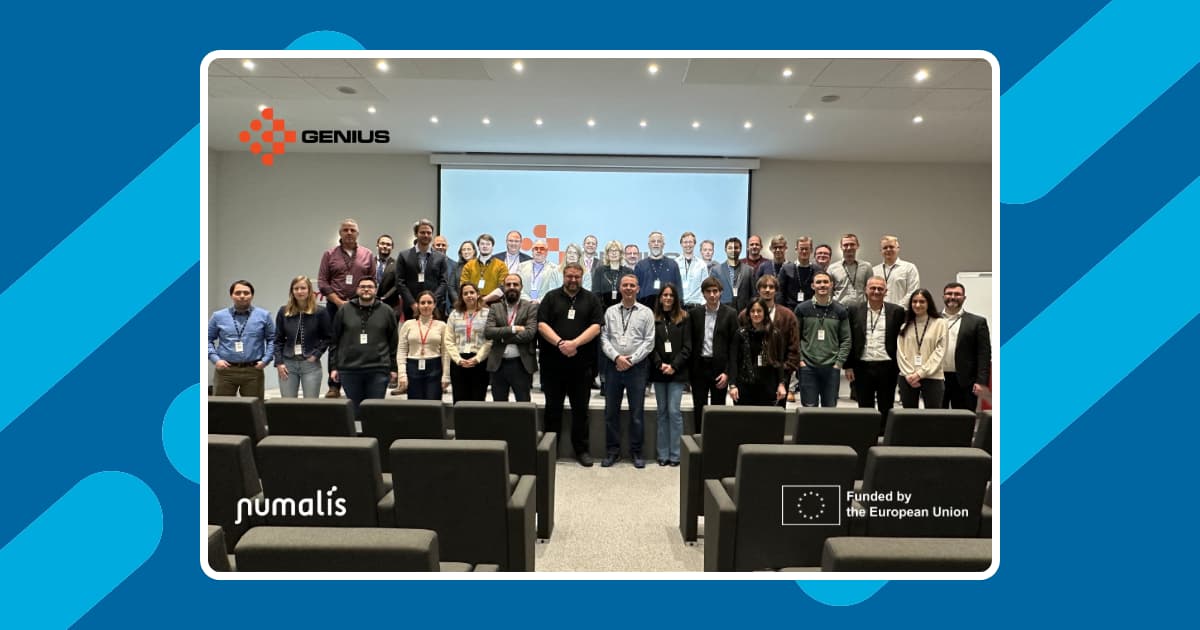While the industrialisation of artificial intelligence (AI) is still in its early stages in some sectors, the technology is already being increasingly integrated into the education sector. Despite encouraging results and great potential of AI applications in education, they pose serious risks for young people1.
As Europe is acquiring solid regulatory tools with the EU AI-Act, in particular by specifying the prohibited uses within the EU to participate in the construction of an ethical and trusted AI, France is also preparing to frame AI.
While waiting for the legislative framework to evolve, the French national data protection authority CNIL (Commission Nationale de l’Informatique et des Libertés) is already regulating AI systems involving personal data2, in order to guarantee the protection of fundamental rights and more particularly the right to data protection.
Regarding the inclusion of Artificial Intelligence in French education, the Ministry of National Education and Youth is in the lead by following the National Strategy for Artificial Intelligence (SNIA) and the recommendations of the CNIL3. Will this be enough, given the complexity of the challenges in the ethical use of AI?
Ethical considerations in the use of AI in education
Various AI-powered applications can be used by both students and teachers, within and outside schools. The main potential uses include adaptive learning and training, which customizes a student’s learning path, such as the Knewton platform or Google Classroom. There is also automation of tasks by AI, like the correction or translation of texts, using NLP (Natural Language Processing) algorithms, such as Deepl.
Platforms like Google Classroom, facilitate both learning and teaching. For example, as students complete exercises, they receive real-time feedback on whether or not they are on track. If a student is struggling with a problem, they can get guidance through visual explanations and videos4. These are tasks that would normally be impossible for teachers to perform, as time constraints do not allow for real-time individual tutoring. However, the automation provided by AI makes it possible to respond to this type of problem.
The benefits of AI in the education sector are multiple, but they come with specific challenges, as in many other sensitive areas, whether in health, justice or defense. In education, the main risk concerns the biases that AI can induce, which can be detrimental to students in several ways, for example by maintaining stereotypes or accentuating inequalities.
Other ethical considerations relate to the risk of dehumanizing learning5. This is a concern because of the possible impoverishment of the relations between students and teachers. We will also come back to the risks related to data leakage, which is a major issue.
With the risk of dehumanization, fears are also expressed about teachers being replaced by algorithms. However, AI is implemented with the aim of human-machine cooperation with teachers, and not with the intention of replacing them. Teachers will be assisted by AI to enable them to better monitor and support students. The French authorities are acting in an approach that takes this concern into account: “The AI strategy in education must offer solutions to teaching and training professionals, assisting in learning and decision-making without ever replacing people6. Teachers are an indispensable component of society, to refer to Seneca, “Men learn by teaching”.
What ensures the ethical use of AI in education today?
According to the National Strategy for Artificial Intelligence, the best prevention of ethics in education is to start by properly training teachers and students on the subject.
The objectives are a better understanding and a “reasoned use” of AI. To this end, the French education system has set up numerous projects and partnerships, such as P2IA (Partnership for Innovation and Artificial Intelligence)7. This has, for example, led to the development of Mathia or Adaptativ’Math, software for first, second and third grade students to learn mathematics8. Classes are currently experimenting with the use of these softwares for learning mathematics9. Other projects are also being carried out with other European countries, such as AI4T (artificial intelligence for and by teachers)10.
The Edu’Up programme, supported by the French Ministry of National Education and Youth, has led to support for the development of several applications and AI tools11, such as Beegup. The platform for high school students is dedicated to the oral practice of foreign languages.
There are many AI-based solutions for higher education, especially due to the partnership between the Ministry of Education and Moodle12, although this platform is used as early as secondary school. A large number of educational establishments use this LMS (Learning Management System) to individualize courses or create MOOCs (Massive Open Online Courses), from Sciences Po to ESSEC via HEC.
Let’s add that developers working on AI are the first to be confronted with the ethical challenges that arise from its use in the education sector. In order to respect ethical principles in the development of AI, in the sense of the European Commission’s “Ethics guidelines for trustworthy AI”13, companies must, in particular, demonstrate greater transparency with regard to data processing. The enactment and development of trustworthy AI is both a technical and a societal issue, which involves more and more organizations and companies, such as in the Partnership on AI or the European AI Alliance14.
At the heart of the ethical challenges of AI for the education sector: algorithmic validation, governance and data protection
The challenges introduced by the use of AI systems are societal, legal and technical. In order to respond to them, an ethical framework in a normative and legislative context is necessary; we will come back to this in the next section. These technologies must be supervised and secured as much as possible, in particular to avoid abuses such as the exploitation of minors’ data for commercial purposes or to influence their educational choices. Companies working in the field of education must put in place strong policies to meet the challenges of data protection and validation of AI.
Data protection is already a key issue for companies since the implementation of the GDPR. With the massive use of data, one of the challenges is simply to protect personal data and limit its potential leakages. Data governance management is therefore important in this sense, as poor or insufficient governance can be a factor in data leakage. Indeed, behind “data governance” lies principles such as data quality management, data localisation or the identification of actors who can take such measures, on such data, in such a situation and by such method. However, with the US Cloud Act15 and China’s Global Data Security Initiative16, the countries mentioned can recover all the data passing through their territory if they deem it necessary. Data governance is therefore a real issue for Europeans, who have a clear interest in keeping their data in Europe, to protect it and guard against possible exploitation without their knowledge.
In addition to data issues, there is also a need to validate AI systems, to ensure their reliability. The education sector is no exception to this rule, where safety is important as the use of AI in this sector can be considered critical as it directly affects the influenceable people that are children. Thus, without making an exhaustive list, validating an AI system aims to take into account many notions, including robustness, transparency and explainability of algorithms. These themes are strongly linked to the known problems of bias in the functioning of AI and aim, among other things, to eliminate them. With the algorithmic validation of AI, users are assured of their reliability and can have some understanding of how an AI system works, which in some cases is vital to establish trust in an AI system. Furthermore, French education has taken these technological developments and their societal challenges into account, as since 2015, new school curricula include the teaching of algorithms from the fourth grade onwards17.
AI framework initiatives for education: the place of the GDPR and the EU’s AI regulation
The CNIL defines how to comply with the GDPR (General Data Protection Regulation) when using AI18. The GDPR is generally considered to be an effective text for the protection of rights in relation to data collection and processing. It is European, but any company anywhere is obliged to follow it, if it collects data within the EU. Complying with this regulation is a mandatory and essential first step in taking a step towards the ethical use of AI in education.
In terms of AI regulation, one of the most promising texts is the EU AI Act, which has been under development since April 2021. This EU regulation, the first of its kind, categorizes applications using AI into several risk levels: prohibited applications (unacceptable risk), high-risk applications, moderate-risk applications and risk-free applications. With its EU AI-Act, the EU aims to establish an ethical framework to build trust in the development and use of AI19. In particular, it defines the requirements expected for high-risk AI, which is the main category of interest for developers of AI destined for education.
The EU Digital Education Action Plan (2021-2027) is another key initiative20. It supports the education systems of the member states in their digital education projects. There is a strong focus on AI and the use of data in the sector, with ethical guidelines and focus on teacher training.
Different supports to promote ethical AI
In addition to training and awareness-raising for officials, various materials aim to promote the use of trustworthy AI in education. For example, it is possible to mention :
- The CNIL: the body, consulted by the government, is closely involved in the subject of AI in France. Its publications are addressed to the public, as well as to AI professionals and experts. According to the Conseil d’Etat, to prevent data leakage, the CNIL should be the main supervisory body for AI in France.
- ISO standards (24029-1 & 24029-2), Assessment of the robustness of neural networks: they define how to validate neural networks, which allows to be part of an AI robustness approach, as defined by the European Union AI expert group.
- AI algorithm auditing services and certification bodies: they aim to verify compliance with existing standards and can therefore promulgate guidance and support to achieve the expected levels of reliability.
Opportunities for AI in education and ways to expand the scope of possibilities
Fewer students in difficulty, better quality teaching with real-time advice and correction, time saving for teachers by assisting them in helping their students; AI holds out the prospect of countless advances for the education sector.
Alongside the constantly evolving technologies such as voice recognition, augmented reality or opinion mining, new technologies will undoubtedly be developed. The field of possibilities is all the more vast as AI technologies are continuously becoming more powerful and capable of solving new problems.
At the same time, the development of AI technologies must take into account the ethical challenges specific to the field of education, particularly with regard to the transparency of algorithms, bias and data protection.
Other challenges around AI will also have to be taken into account for its use in education, such as the issue of energy consumption of AI technologies21. AI is indeed a technology that involves costs in both the design and operation phases, which leads to significant energy consumption and hardware requirements (data centers, computer farms).
However, solutions exist to limit the impact of this technology, such as the use of data centers powered by renewable energy sources or the reduction of AI training costs through frugal learning methods. AI can even be useful in reducing energy consumption, for example by optimizing heating or optimizing the timing of traffic lights to improve traffic flow22. This is a point that also requires the attention of education professionals, but it is a topic in its own right that deserves another article.
Sources
- AI in education: a risk worth taking ↩︎
- Artificial intelligence: the opinion of the CNIL and its counterparts on the future European regulation ↩︎
- The CNIL and the French Ministry of National Education and Youth renew their partnership ↩︎
- Google Classroom is using AI to help children learn in a whole new way ↩︎
- Hugonnier, B. (2015). Un robot à l’école : l’éducation face aux défis du numérique. Administraion & Education, vol.2. ↩︎
- The French National Strategy for AI ↩︎
- Partnership for Innovation and Artificial Intelligence (P2IA) ↩︎
- Mathia ↩︎
- P2IA – Partnership for Innovation and Artificial Intelligence at Sceaux en Gâtinais School ↩︎
- AI4T – Artificial Intelligence for and by teachers ↩︎
- The Edu-up system ↩︎
- The use of Moodle at the university ↩︎
- EU Ethics guidelines for trustworthy AI ↩︎
- The European AI Alliance ↩︎
- Impact of the US Cloud Act ↩︎
- Chinese Global Data Security Initiative ↩︎
- Sauzeau, D. (2017). Enseigner l’algorithmique et la programmation aux cycles 3 et 4. Forum des pédagogies. ↩︎
- AI: how to comply with the GDPR? ↩︎
- The Artificial Intelligence Act ↩︎
- EU Digital Education Action Plan (2021-2027) ↩︎
- Deep learning and energy consumption: impact of AI ↩︎
- AI for energy efficiency ↩︎







